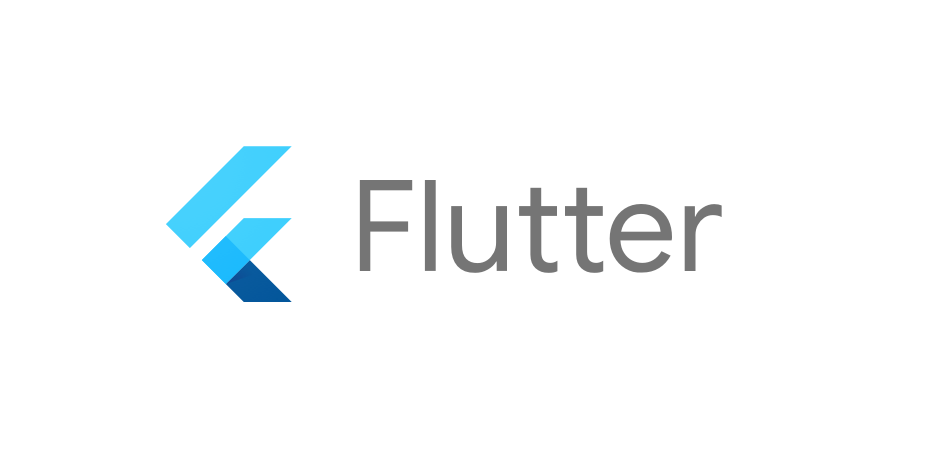Mobile development has come a long way since the first smartphones hit the market. Today, there are several programming languages, frameworks, and tools available for building mobile apps. In this article, we'll explore Flutter, a popular open-source framework for mobile app development.
 |
| Flutter and Mobile Development: A Comprehensive Guide |
What is Flutter?
Flutter is an open-source UI development kit created by Google. It allows developers to build high-performance, cross-platform mobile apps for iOS and Android with a single codebase. Flutter uses the Dart programming language, which is optimized for building user interfaces.
Advantages of Flutter
Flutter offers several advantages over other mobile development frameworks. First, its hot-reload feature allows developers to see changes in real-time, making the development process faster and more efficient. Second, Flutter's widgets are customizable, providing a high level of control over the app's look and feel. Third, Flutter's high-performance rendering engine enables smooth animations and transitions.
Getting Started with Flutter
Getting started with Flutter is easy. The official Flutter website provides detailed documentation, tutorials, and a supportive community. Developers can use Flutter with their favorite IDE, including Android Studio, IntelliJ IDEA, and Visual Studio Code.
Real-World Applications of Flutter
Flutter has been used to build mobile apps for a variety of industries, including healthcare, finance, e-commerce, and more. For example, Google's Stadia app, which allows users to play games on their mobile devices, was built using Flutter. The Alibaba Group, China's largest e-commerce company, also used Flutter to build their Xianyu app, which has over 50 million users.
Conclusion
Flutter is a powerful tool for building high-performance, cross-platform mobile apps. Its customizable widgets, hot-reload feature, and high-performance rendering engine make it a popular choice among mobile developers. With its supportive community and growing number of real-world applications, Flutter is a framework worth considering for your next mobile development project.
Sources: